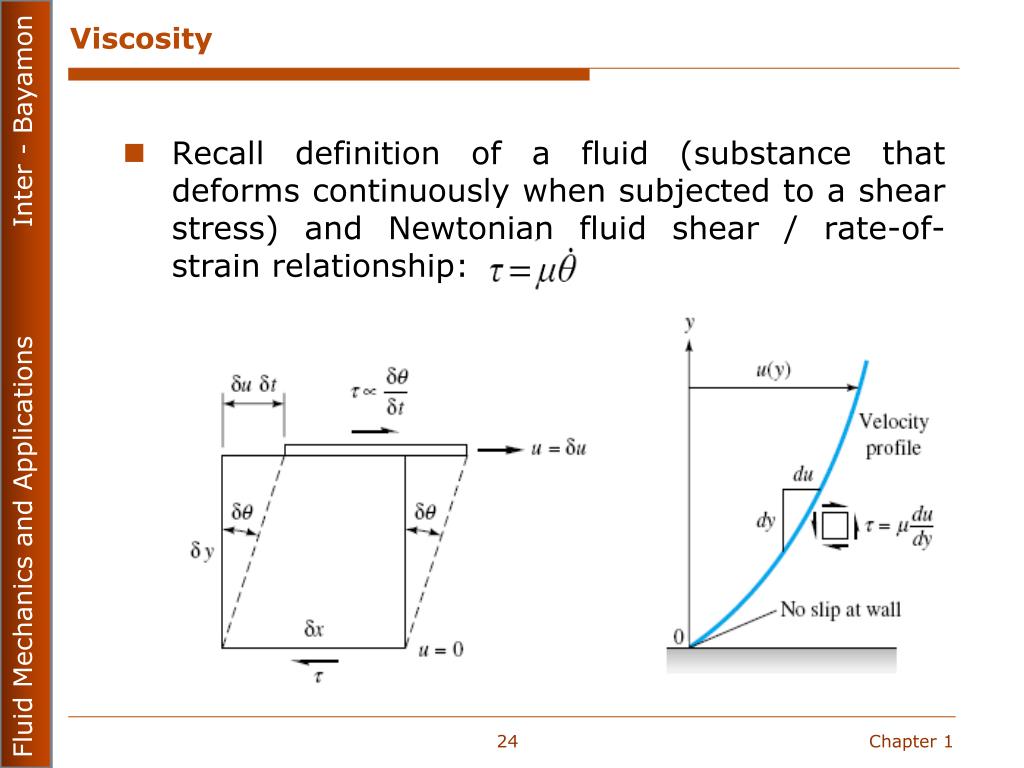

Inviscid flow was further analyzed by various mathematicians ( Jean le Rond d'Alembert, Joseph Louis Lagrange, Pierre-Simon Laplace, Siméon Denis Poisson) and viscous flow was explored by a multitude of engineers including Jean Léonard Marie Poiseuille and Gotthilf Hagen. Rapid advancement in fluid mechanics began with Leonardo da Vinci (observations and experiments), Evangelista Torricelli (invented the barometer), Isaac Newton (investigated viscosity) and Blaise Pascal (researched hydrostatics, formulated Pascal's law), and was continued by Daniel Bernoulli with the introduction of mathematical fluid dynamics in Hydrodynamica (1739).

Iranian scholar Abu Rayhan Biruni and later Al-Khazini applied experimental scientific methods to fluid mechanics. The study of fluid mechanics goes back at least to the days of ancient Greece, when Archimedes investigated fluid statics and buoyancy and formulated his famous law known now as the Archimedes' principle, which was published in his work On Floating Bodies-generally considered to be the first major work on fluid mechanics. Particle image velocimetry, an experimental method for visualizing and analyzing fluid flow, also takes advantage of the highly visual nature of fluid flow. A modern discipline, called computational fluid dynamics (CFD), is devoted to this approach. Many problems are partly or wholly unsolved and are best addressed by numerical methods, typically using computers. Fluid mechanics, especially fluid dynamics, is an active field of research, typically mathematically complex. It is a branch of continuum mechanics, a subject which models matter without using the information that it is made out of atoms that is, it models matter from a macroscopic viewpoint rather than from microscopic. It can be divided into fluid statics, the study of fluids at rest and fluid dynamics, the study of the effect of forces on fluid motion. It has applications in a wide range of disciplines, including mechanical, aerospace, civil, chemical and biomedical engineering, geophysics, oceanography, meteorology, astrophysics, and biology.

Fluid mechanics is the branch of physics concerned with the mechanics of fluids ( liquids, gases, and plasmas) and the forces on them.


 0 kommentar(er)
0 kommentar(er)
